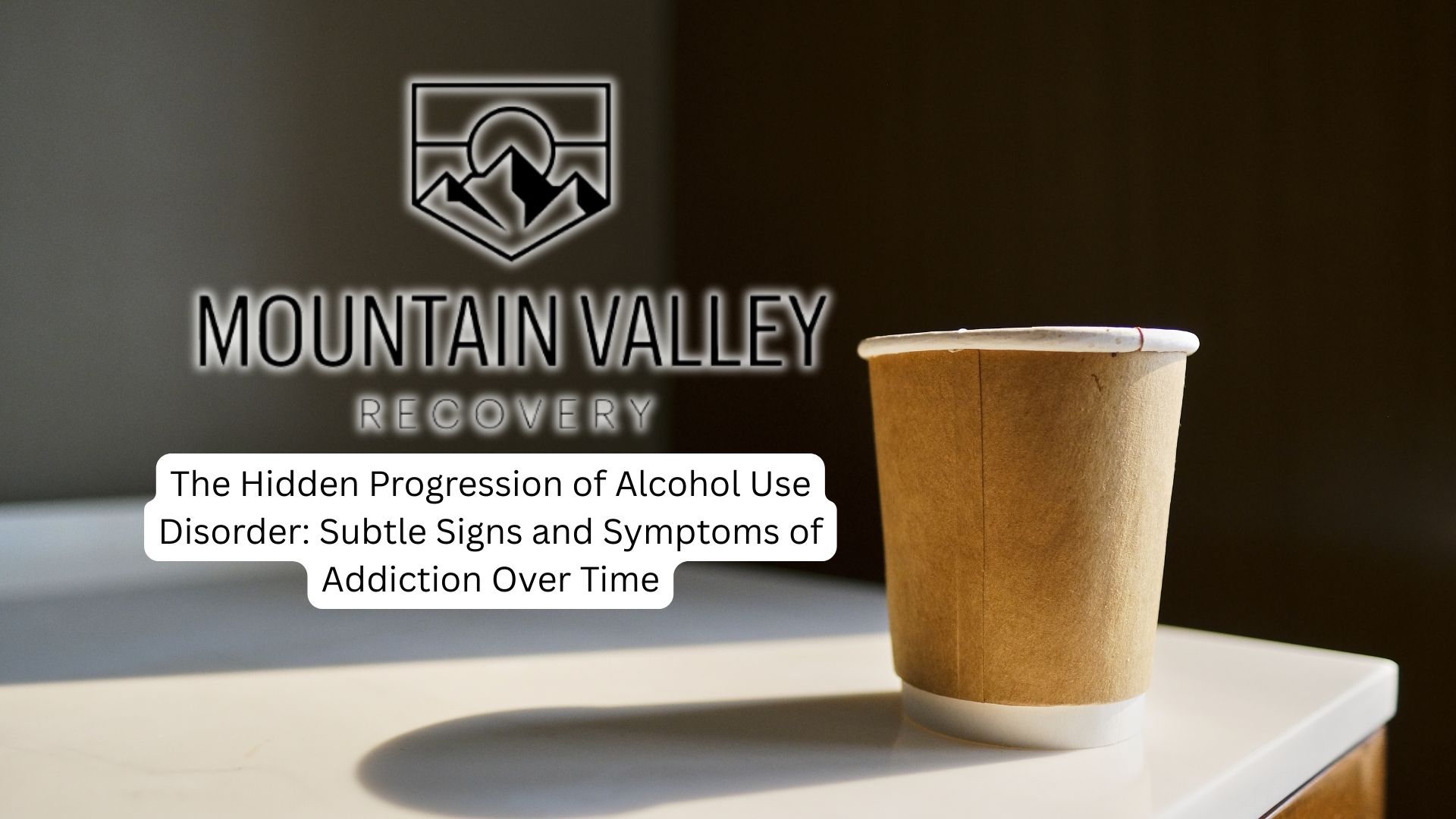The journey into addiction is seldom simple, and the early indications can be hard to spot. What may begin as infrequent use can slowly evolve into a dependency, impacting all facets of an individual’s existence – from their physical well-being and actions to their personal connections and general welfare. Recognizing these warning signs promptly is essential for ensuring your loved one receives the assistance they require before the addiction escalates beyond control.
In this piece, we’ll delve into the diverse signs that may suggest your loved one is battling addiction.
Behavioral Changes
Mood swings are a common sign of addiction, where your loved one may rapidly shift from feeling euphoric to being irritable or aggressive. This unpredictable emotional state can be challenging to navigate and may strain your relationship.
Another red flag is when your loved one loses interest in hobbies or activities they once enjoyed, as their focus increasingly centers on obtaining and using substances.
This withdrawal from previously cherished aspects of life can be accompanied by a general neglect of responsibilities, such as work or school commitments. Time management may become difficult, leading to increased stress and potential consequences.
As addiction progresses, financial problems often arise, with your loved one potentially borrowing money, selling personal items, or engaging in risky financial practices to support their drug use.
These behavioral changes are significant indicators that your loved one may be struggling with addiction, and it’s essential to approach the situation with understanding, support, and a willingness to help them seek professional guidance from an addiction treatment center.
Physical Indicators
You may notice significant fluctuations in their weight, either sudden loss or gain, which can be telltale signs of substance use.
Red or glassy eyes and altered pupil size are common physical signs associated with drug abuse. If you spot needle marks on their skin or unusual skin conditions, it could point to intravenous drug use and a more severe addiction.
Neglect of personal hygiene and grooming is another red flag, as individuals battling addiction often prioritize substance use over self-care.
Withdrawal symptoms like tremors, sweating, or gastrointestinal distress are critical physical indicators that your loved one may be grappling with substance dependence.
Neglecting Responsibilities
As substance abuse takes center stage, you may notice a significant decline in their work or academic performance. They might frequently miss deadlines, call in sick, or fail to complete assignments.
At home, household duties and familial obligations fall by the wayside as their focus shifts entirely to drug use. Bills may go unpaid, chores undone, and promises broken. This neglect of responsibilities can lead to increased stress and conflict within the family, as well as potential job loss or academic probation.
By reviewing the signs listed here you can better determine when it’s time to seek professional help for addiction.
Financial Troubles
Financial troubles often escalate as drug abuse progresses, leading them to spend significant amounts on their substance of choice, sometimes exceeding their income. Increased cravings may drive them to borrow money frequently, engage with risky lenders, or resort to selling personal belongings to fund their addiction.
It’s common for those struggling with addiction to neglect financial responsibilities, resulting in missed bills, accumulating debt, and potential instability. They may exhibit secretive behavior surrounding their finances, including unexplained absences from work or school that coincide with financial strain.
The financial impact can persist even in those with steady incomes, as the compulsion to obtain substances often takes precedence over managing everyday expenses.

Signs of Escalating Addiction
As your loved one’s drug abuse intensifies, you may notice an increase in secretive behavior. They’ll avoid direct questions about their whereabouts and activities, providing vague or false explanations to hide their signs of use. Frequent lying becomes the norm, as they minimize or deny their substance-related behavior to family members.
You’ll also observe significant mood swings and emotional instability, with your loved one displaying irritability, aggression, or extreme anxiety linked to their drug abuse patterns.
Changes in sleep habits, such as insomnia or excessive sleeping, can disrupt their daily life and lead to increased fatigue.
Watch for noticeable fluctuations in weight, either loss or gain, which can indicate escalating addiction. These changes often result from altered appetite or neglect of personal health.
Learn about the most common reasons men refuse to receive professional support when struggling with addiction.
Final Thoughts from Mountain Valley Recovery
Confronting the reality of addiction can be challenging and emotionally draining, but it’s important to remember that help and hope are available.
If you’ve noticed any of the signs discussed in this article, it’s crucial to act with compassion and urgency. Addiction is a progressive disease, but with the right help, recovery is possible.
Mountain Valley Recovery’s inpatient program offers a structured, safe space where men can focus entirely on their recovery journey, away from the stresses and triggers of daily life.





